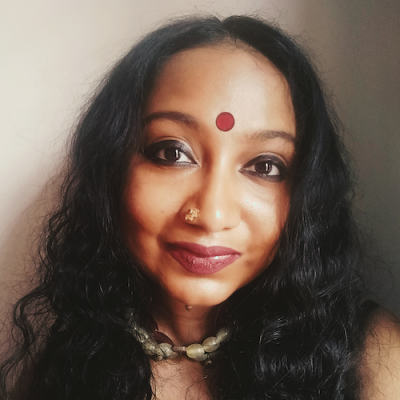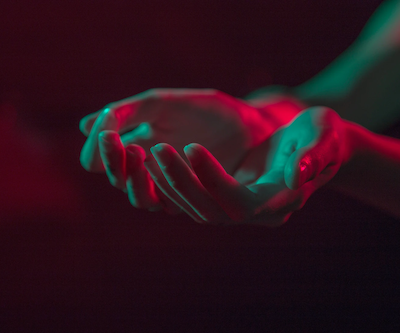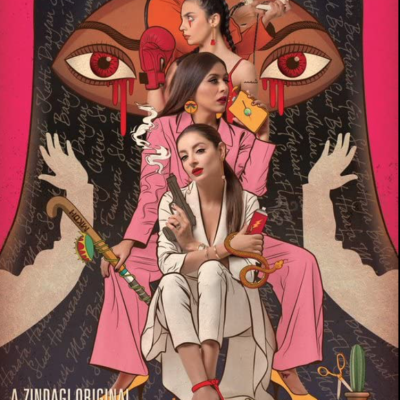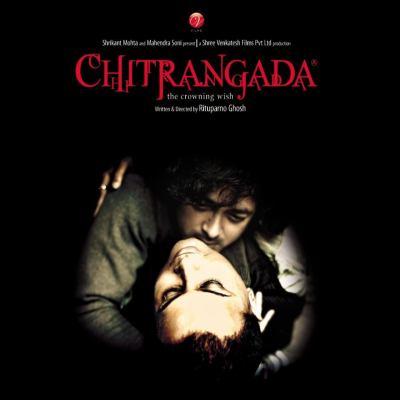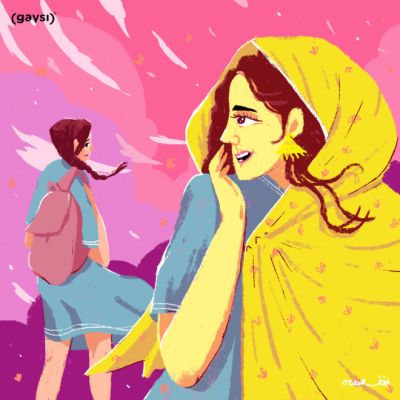patriarchy
By the end of the evening, the room was suffused with the celebration of singlehood, rather than any explanation or apology for it. It appeared that the solitary life was envied and extolled by those who have opted out of it as well as many who haven’t.
If you are true to yourself, and attuned to your emotions and needs, you’ll invariably find that even a core belief (such as: not believing in the institution of marriage) is complicated by what the lived experience of that means (not only discriminatory experiences, but also intimate ones).
What I am proposing here is to look at being in a relationship and being single together because what is important here is the idea of ‘be-ing’ as opposed to the stereotypes and perceptions attached to our relationship with ‘the One’ or to singlehood.
Growing up, for me, has been about accepting that the loneliness and sadness woven into the fabric of my being do not go away with entering conventional arrangements like monogamous relationships or marriage.
For a queer person, or for someone who remains single by choice, everyday existence requires strength and will. That is the embodiment of kun faya kun as a personal philosophy: to manifest the person you want to be through sheer will.
I believe that queer friendships and intimacies are sheer resistance, which not only swallow the despair and pain that might be perpetrated on gender-nonconforming people by their families, but also recognise all the lies about love that have been sold to us.
I am 27 now and marriage is the most brought-up topic of conversation by my parents and relatives. Now, choosing or wanting to stay single is inversely proportional to my reputation, respect, and worthiness.
Singleness represents eschewing all that patriarchy imposes on us in the name of emotional and financial protection. Women who decide not to marry defy age-old ‘wisdom’ mixed with terrible psychological and biologically-backed explanations.
Sexuality and self-care are related at many levels, right from the level of knowing what you want and what you don’t, how you feel about yourself, how you are able to communicate your desires and how you are able to enjoy your experiences.
Their inimitable personalities showcase their varied conceptions of insaaf (justice), enriching and intensifying the plot and, at the same time, reaffirming their solidarity and strengthening their unity.
The lovers enact many recognizable hetero-normative romantic tropes – the wronged petulant woman pacified via kisses and caresses, the woman too tired for sex who then tries to placate the sulking male lover.
I am not like other girls”, “I don’t like hanging out with girls that much”, “She is being very irrational today, I think it’s that time of the month”, are some common statements that you may have heard or even made yourself.
Raising your head shyly, you stumble over your words as you ask if you can marry a woman instead. Instantly, your lungs seem to fill with a tsunami of panic, as you witness his usually warm eyes crackle – the first grey clouds of a storm saturating the brown hue of his eyeballs.
In this mid-month issue we bring you some more interesting and intriguing articles on masculinities and sexuality starting with Mona Mishra’s thoughtful take on masculinities and vulnerabilities. Shikha Aleya interviews Daniel Mendonca who self-identifies as intersex and is a gender rights activist who engages with diverse groups of people in India and other countries to expand awareness, build empathy and foster an environment that is accepting of diversity.
As these correlations between gender development, physical violence and mass shootings come into sharper relief, the term “toxic masculinity” has become a staple of public discourse used to characterise men like Connor Betts, and even Sandeep Singh.


